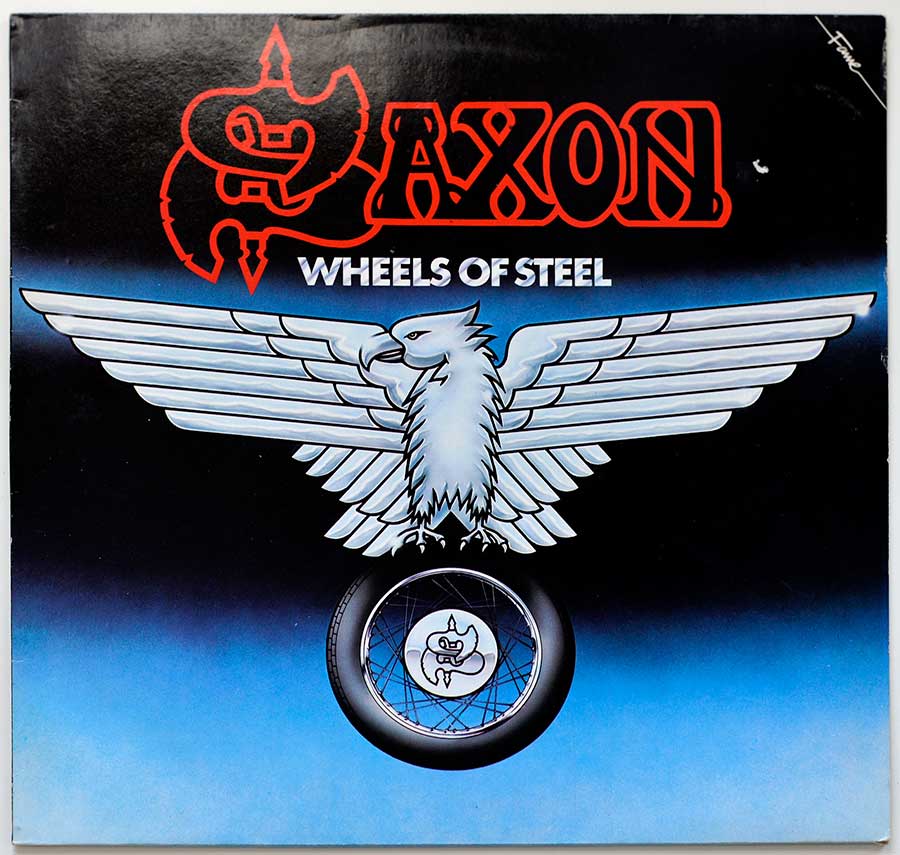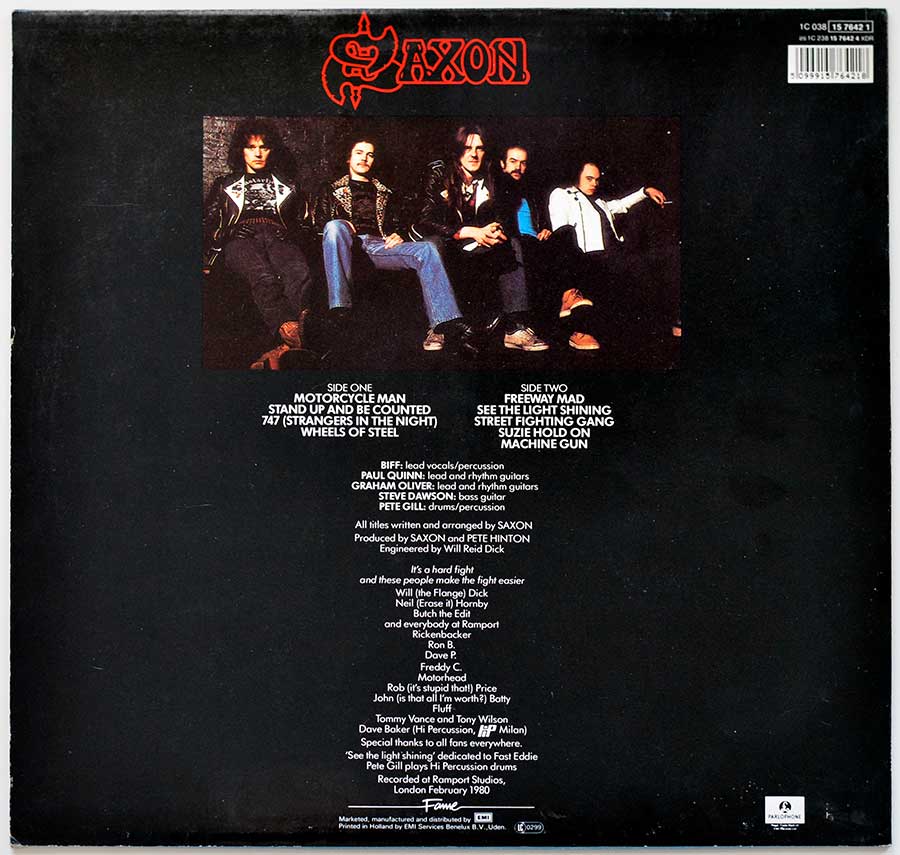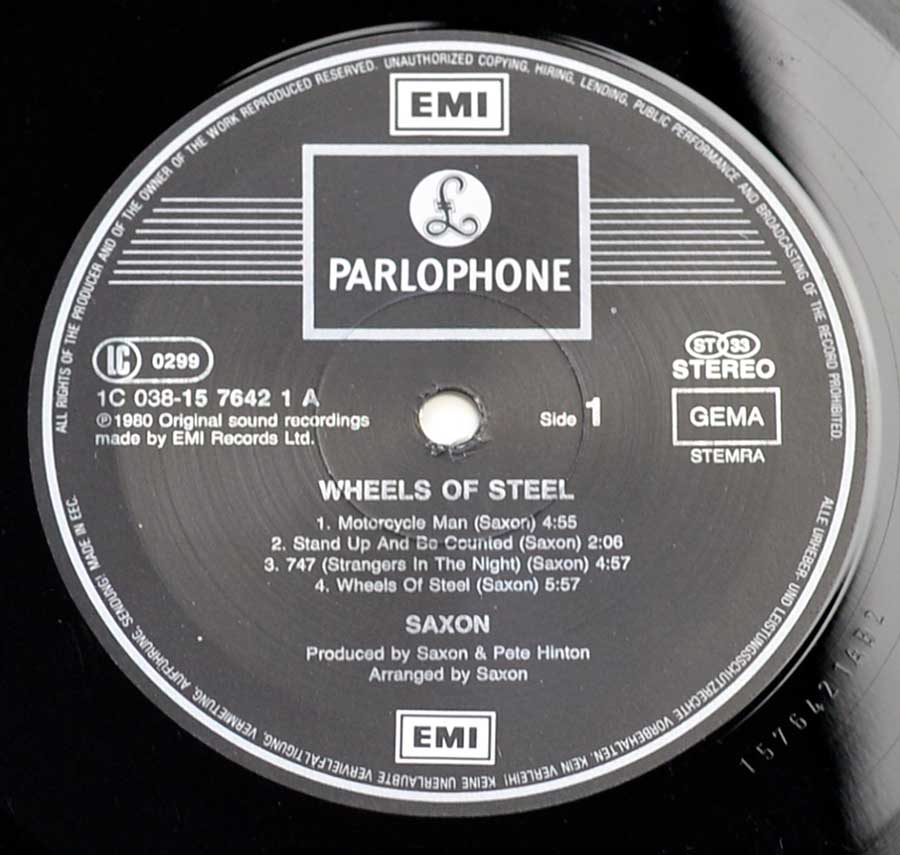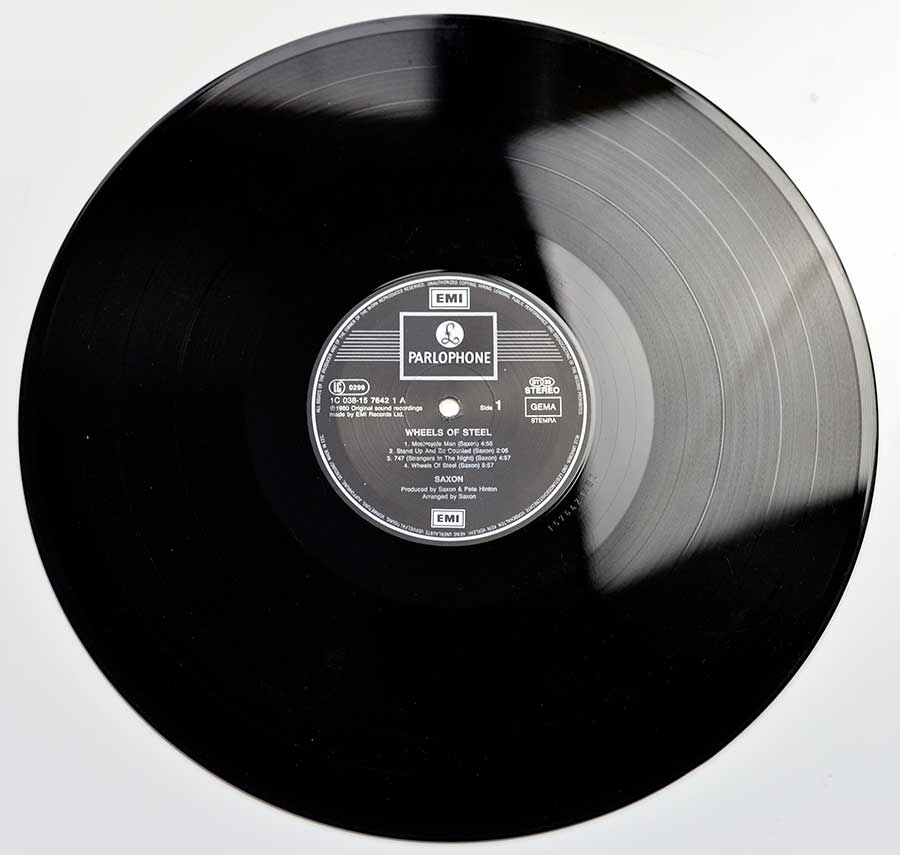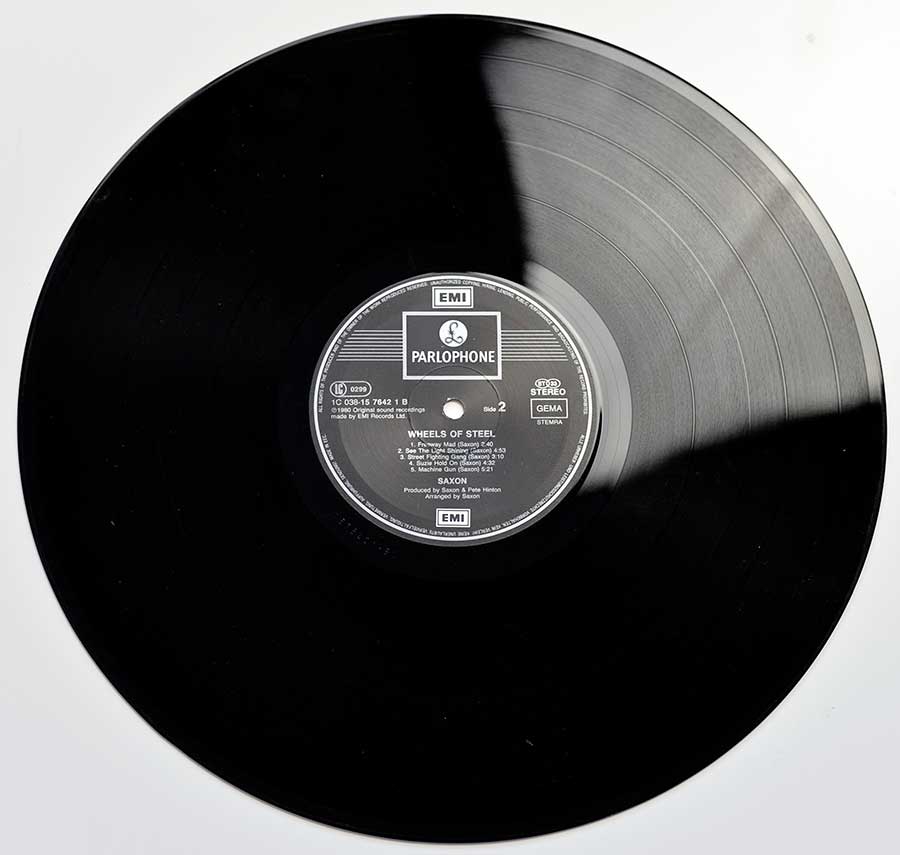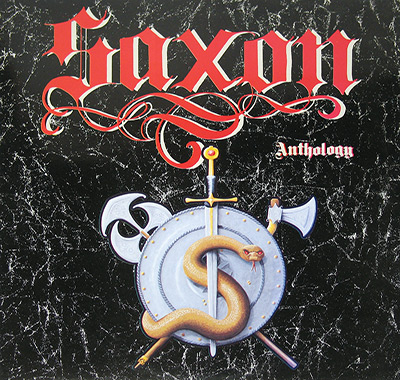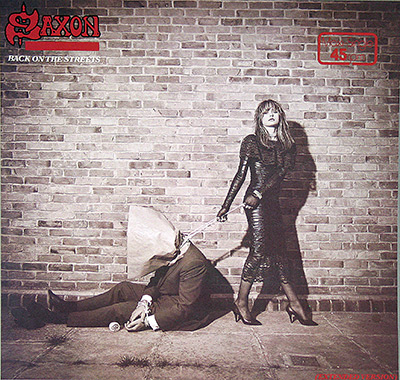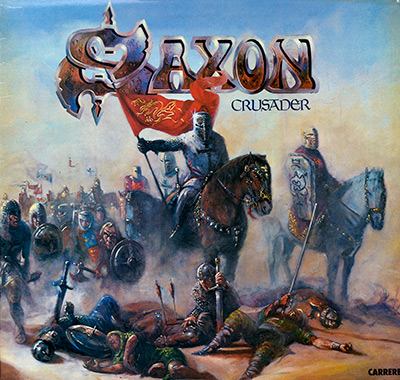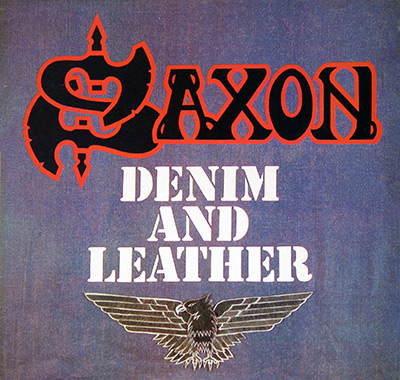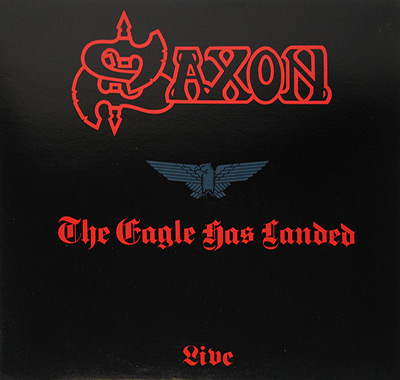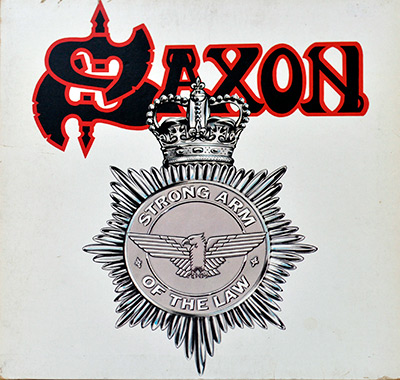"Wheels of Steel" Album Description:
I don’t remember "Wheels of Steel" arriving politely. It showed up like a kicked door. One day you’re browsing sleeves, the next you’re walking out with a Carrere LP under your arm, already hearing the title track in your head like a bad idea you fully intend to repeat.
The facts are simple, but they hit hard when you tuck them into real life: recorded in February 1980 at Ramport Studios in London, and out on 3 April 1980. Pete Hinton produced it with the band. That combination matters, because it doesn’t sound “polished.” It sounds decided.
People love to file this under NWOBHM like it’s a library category. Fine. But what I actually remember is the atmosphere: fast hands, cold steel tone, no patience for filler. "Motorcycle Man" doesn’t introduce itself — it grabs you by the collar and drags you forward.
And yes, your Germany/Holland angle makes sense if you’re thinking like a collector, not a press-release poet. This record didn’t just “reach Europe.” It was already there, in the bins and in the export channels, turning up as different continental pressings — Germany is a well-known one — the kind of copy you spot by the catalogue details and the slightly different feel of the packaging.
"747 (Strangers in the Night)" still gives me that particular grin: the one that says, “this is ridiculous,” while you turn it up anyway. That’s the trick of this album. It’s dramatic, but it doesn’t apologise for it. It leans in.
The cover and the whole 12" LP ritual mattered too: the weight of the thing, the inner sleeve shuffle, the needle drop, the tiny moment of silence before the amp starts sweating. Streaming can keep its convenience. This one was built for the physical world — and it still sounds like it wants to knock something off your shelf.
References
- Wikipedia: "Wheels of Steel" (release date, studio, producer)
- Encyclopaedia Metallum: "Wheels of Steel" (release date, label, format)
- Discogs: "Wheels of Steel" master releases (territory variants)
- Discogs: example 1980 vinyl release entry
- Saxon Forever Discography: international vinyl pressings list (incl. Germany)
